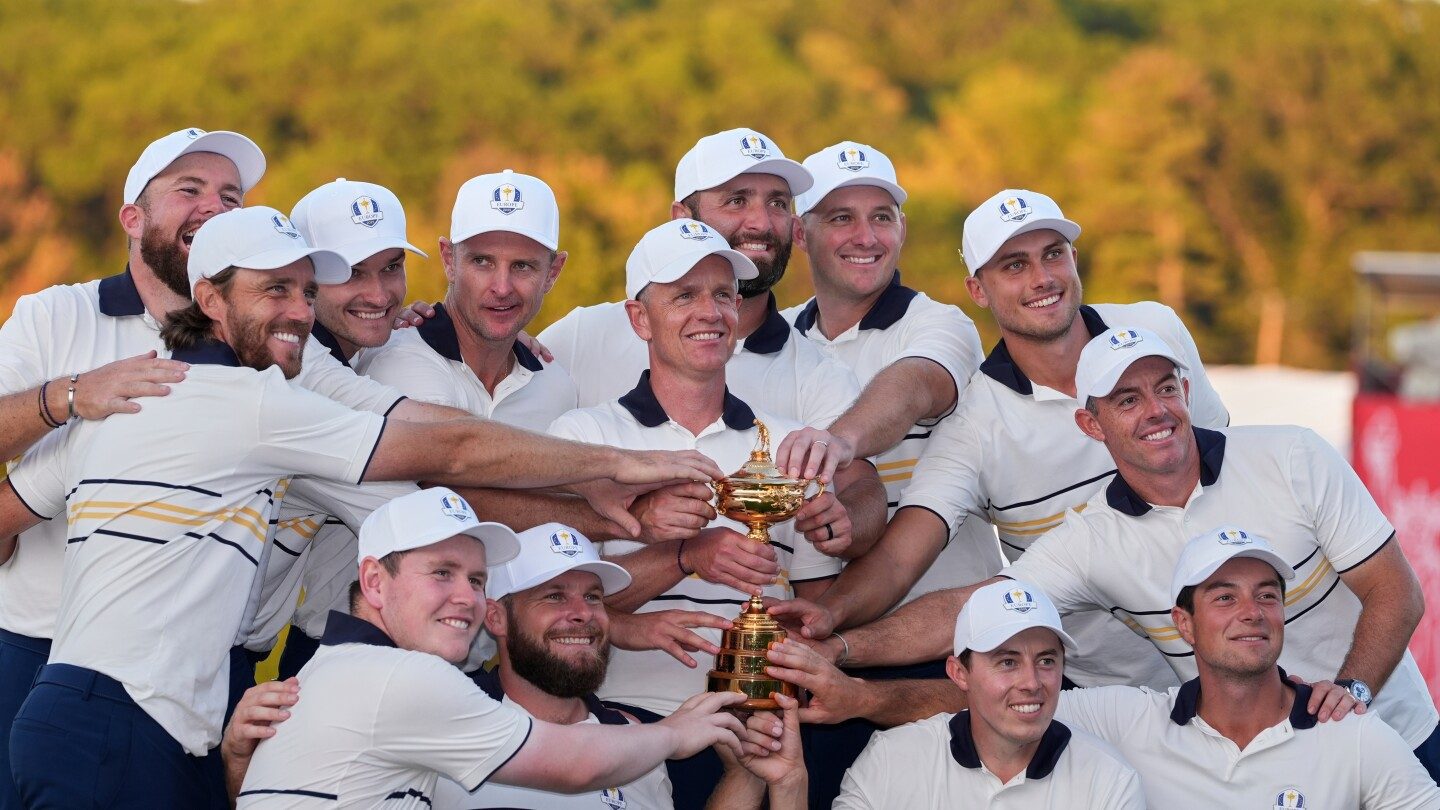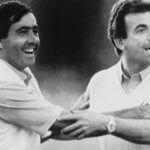The situation in the US camp after losing the Ryder Cup to Europe again is complicated, and the most positive thing is that the creation of another successor committee has not been suggested. The future remains as uncertain as it was when leaving Scotland in 2014. Ted Bishop, an Indiana golf professional and president of the PGA of America, decided that Tom Watson would be the US captain for those matches at Gleneagles. The result was disastrous, not only because of the defeat, but also because of Phil Mickelson's uncomfortable criticism of the captain.
This led to the formation of the famous "Task Force" as a change and improvement committee, and Mickelson was much more optimistic five months later, upon completing his work. "We're looking forward not only to 2016, but really to establishing a foundation and a plan for future years of continuity and success," he commented.
Since then, the Americans have won two of the five Ryder Cups, which could be considered a success, given that they had only won two of the previous ten. However, continuity belongs to Europe, which not only has the Ryder Cup, but practically owns it.
The Task Force, officially called the PGA of America Ryder Cup Task Force, was dissolved in 2015 and replaced by a Ryder Cup committee composed of three PGA Tour players and three PGA of America executives.
The uncertain future of the Ryder Cup
The current system establishes that the immediately preceding captain replaces their predecessor on the committee; thus, Keegan Bradley is in and Zach Johnson is out. There is some discussion about the possibility of Bradley returning as captain for Adare Manor in Ireland in 2027, perhaps because he wouldn't have to oversee course preparation. But what then? Justin Thomas is on the committee, while Jordan Spieth's term has ended. The PGA of America could decide to scrap the committee and start over.
The only constant in the disorganized American camp is the PGA of America, which hosts the high-stakes biennial competition, which earns even more when played in the United States. However, this organization of 31,000 club professionals, so vital to golf in America, has no direct involvement with players except at the PGA Championship. Don Rea Jr., the current president, suggested otherwise at Quail Hollow in May: “Don’t forget, every member of the PGA Tour is a member of the PGA of America, so I’m also your president,” he stated at a somewhat disorganized press conference.
This is the same president who, shamefully, compared the hostile comments at Bethpage Black to what you might hear at a youth soccer match. This came in a BBC interview before Sunday's singles matches, a day after security was beefed up to handle the vulgarity directed at Rory McIlroy.
For Europeans, this Ryder Cup was a business as usual. For Americans, it's pure chaos.
The legacy of Paul Azinger
A key figure who helped the American cause was Paul Azinger, who agreed to become captain in 2008 on the condition that the PGA of America scrap its archaic system of awarding Ryder Cup points only for the top ten finishes. Had the PGA of America been more in tune with the PGA Tour, it might have understood earlier that the arrival of top players from around the world was making it increasingly difficult for Americans to earn points.
Interestingly, the PGA of America hasn't involved Azinger in Ryder Cup matters since that 2008 victory. However, these issues are older than the infamous "Task Force." They date back to 1968, when touring professionals lost faith in the PGA Professionals who administered the sport, leading to the creation of the modern PGA Tour.
There were two golf tournaments to be divided up. One was the old World Series of Golf, which was becoming a lucrative event at Firestone. The other was an exhibition called the Ryder Cup, which could barely sell tickets. The previous Ryder Cup had been held at the Champions Golf Club in Houston. Peter Alliss, the incomparable British commentator who participated in those 1967 matches, recalled that “the opening ceremony began with hundreds, not thousands, of spectators.”
Tour players were left with the World Series of Golf, which eventually became the World Golf Championship and is now defunct. Imagine if they had taken over the Ryder Cup. For one thing, the PGA Tour probably wouldn't have bothered creating its own cash cow called the Presidents Cup. There would also be a disconnect between PGA Tour players and an organization they have no relationship with except once a year.
The European Tour owns the Ryder Cup Europe 60%. The tournament committee is part of an extensive selection process led by European Tour CEO Guy Kinnings and takes into account the opinions of a wide range of people directly involved in the Ryder Cup. On the other hand, the PGA Tour owns nothing of the Ryder Cup; it only provides the players. Therefore, the issue of money—that is, where the revenue goes—became an issue in 1999 and persists to this day.
Despite Ryder Cup victories, such as at Hazeltine and Whistling Straits, there is no true model for success. Mickelson believed the "Task Force" would create a plan not just for the next Ryder Cup, but for the next ten. However, that didn't work out as expected. It became a buddy system, and continuity was broken when Mickelson led a breakaway to LIV Golf.
Perhaps the next step for the PGA of America would be to consider handing over management to the PGA Tour, which has greater stability, more experience organizing major events, and a stronger relationship with the players who compete. It might not be enough to change the situation, but it wouldn't hurt.






